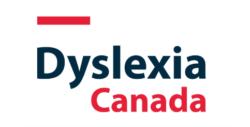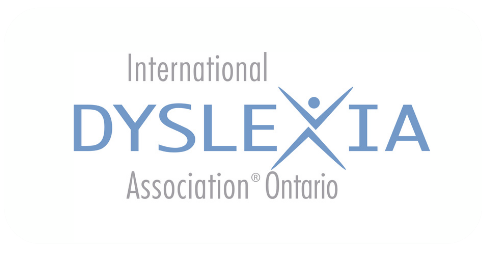Implementing the Text Structure Strategy in Your Classroom
In this Reading Rockets article, you will learn how to implement a research-based strategy to improve reading comprehension by focusing on text structures. The authors use the Text Structure Strategy (TSS) to explore the text structures of comparison, cause and effect, problem and solution, sequence, and description and how hierarchical text structures are usually a…



